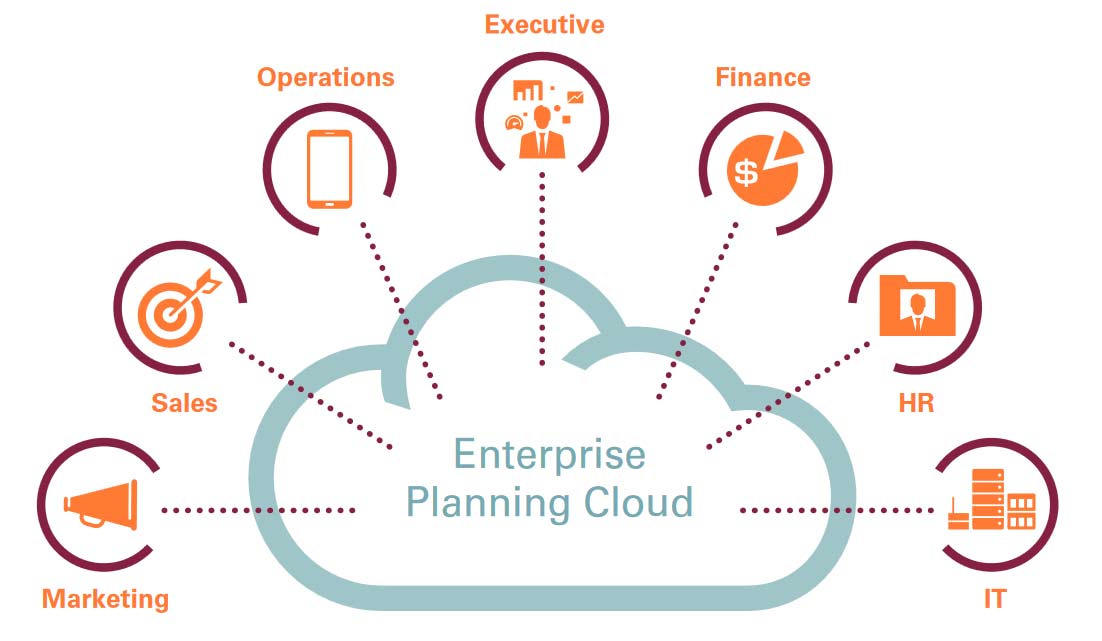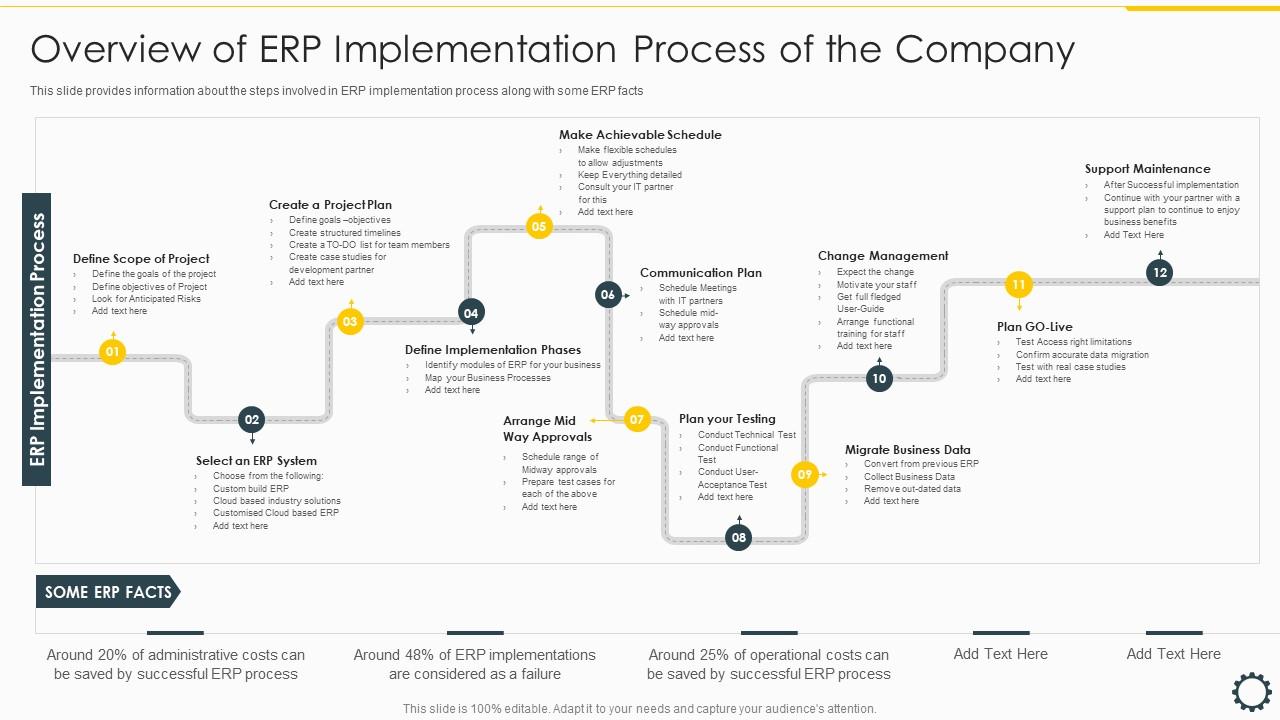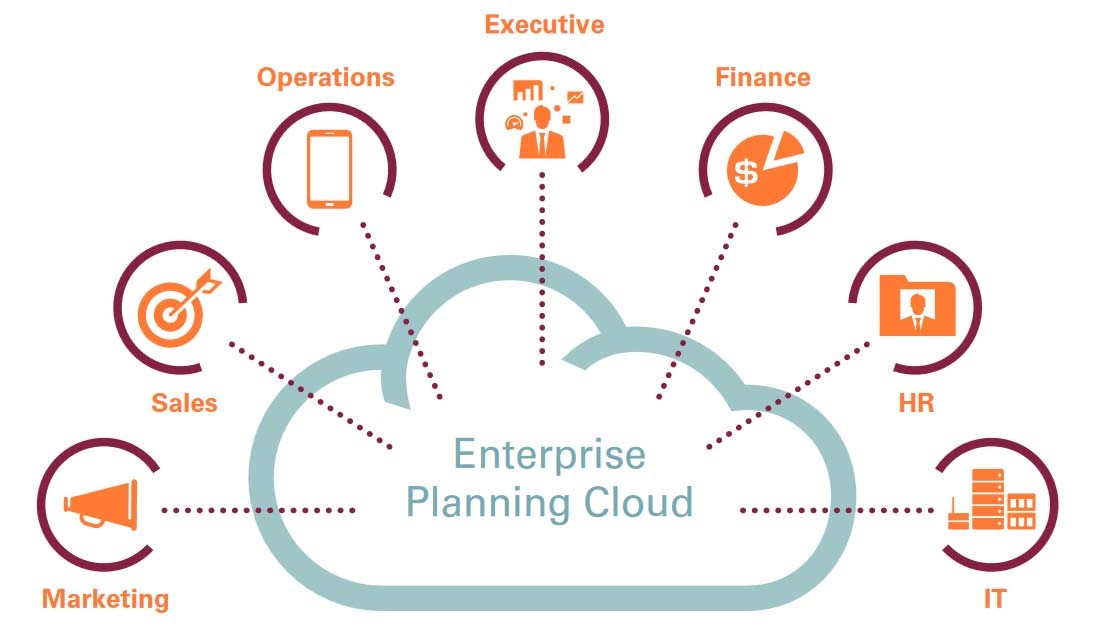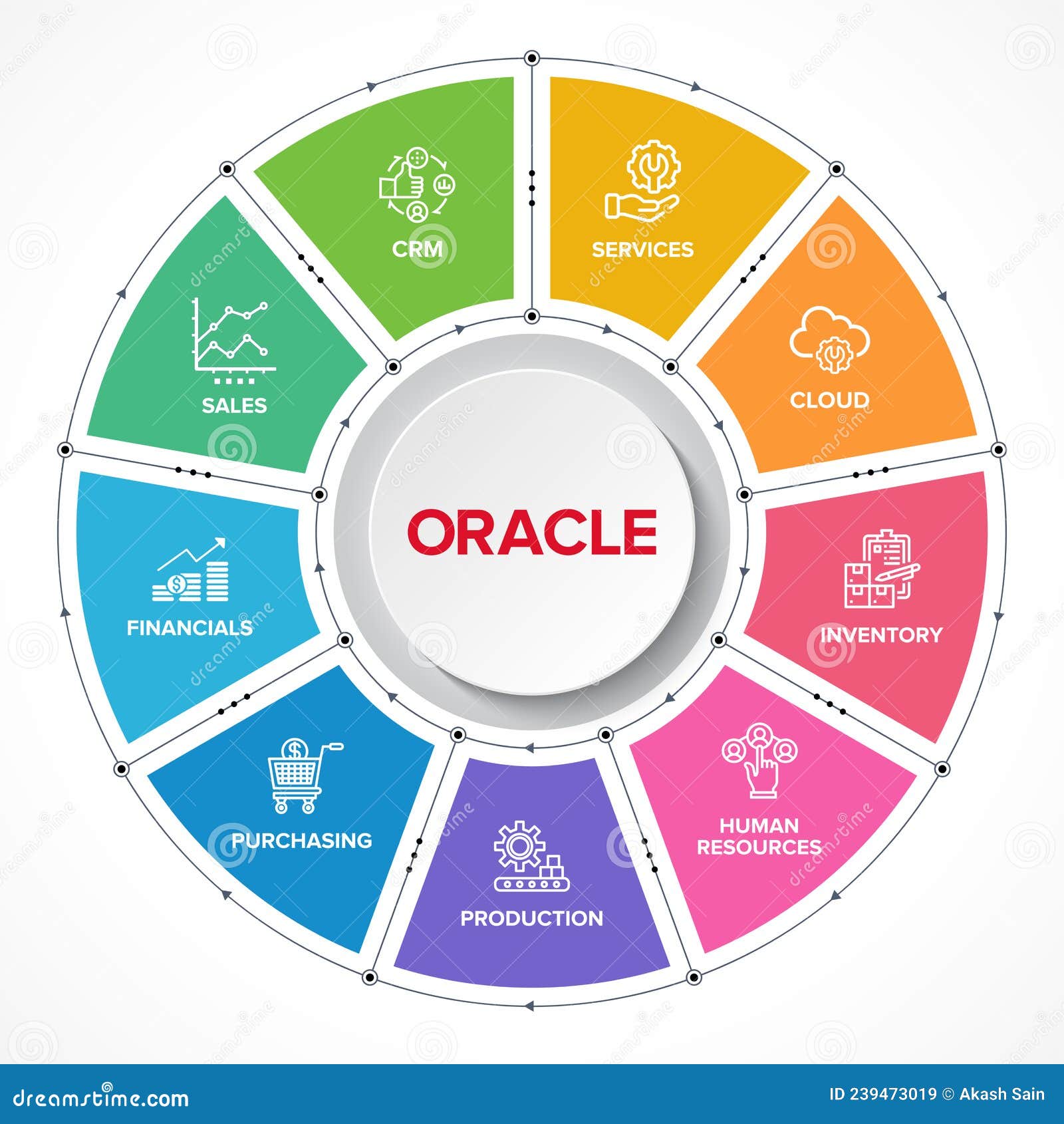Unlocking the Power of Oracle Cloud ERP
In the ever-evolving landscape of modern business, the need for efficient and integrated enterprise resource planning (ERP) solutions has become increasingly crucial. Oracle Cloud ERP, a comprehensive suite of cloud-based applications, has emerged as a game-changer, empowering organizations to streamline their operations, make data-driven decisions, and drive sustainable growth. At the heart of Oracle Cloud ERP lies the ability to seamlessly manage a wide range of business functions, from financial management and supply chain optimization to human capital management and project planning. By consolidating these critical components into a single, cloud-based platform, Oracle Cloud ERP enables organizations to break down silos, improve cross-functional collaboration, and enhance overall operational efficiency.
One of the key benefits of adopting Oracle Cloud ERP is the improved efficiency it brings to an organization’s financial management processes. With real-time access to financial data and advanced analytics, businesses can make more informed decisions, optimize cash flow, and ensure compliance with regulatory requirements. Additionally, the cloud-based nature of Oracle Cloud ERP eliminates the need for on-premises infrastructure, reducing the burden of IT maintenance and allowing organizations to focus on their core competencies.
Moreover, Oracle Cloud ERP’s data-driven approach empowers organizations to make more informed, strategic decisions. By leveraging the platform’s robust reporting and business intelligence capabilities, leaders can gain deeper insights into their operations, identify areas for improvement, and adapt their strategies accordingly. This data-driven decision-making process can lead to enhanced customer satisfaction, improved resource allocation, and ultimately, increased profitability.
As businesses navigate the ever-changing landscape of the modern economy, the adoption of Oracle Cloud ERP has become a strategic imperative. By harnessing the power of this comprehensive ERP solution, organizations can unlock new levels of efficiency, agility, and competitive advantage, positioning themselves for long-term success in the digital age.
Navigating the Oracle Cloud ERP Ecosystem
The Oracle Cloud ERP ecosystem is a comprehensive suite of integrated applications designed to streamline and optimize various business functions. At the core of this ecosystem are several key modules that work together to provide organizations with a holistic approach to enterprise resource planning. One of the foundational components of the Oracle Cloud ERP ecosystem is the financial management module. This module offers advanced capabilities in areas such as general ledger, accounts payable, accounts receivable, and cash management. By consolidating these financial processes into a single, cloud-based platform, organizations can gain real-time visibility into their financial data, enabling more informed decision-making and improved compliance with regulatory requirements.
Another critical component of the Oracle Cloud ERP ecosystem is the supply chain management module. This module encompasses a wide range of functionalities, including procurement, inventory management, logistics, and order fulfillment. By integrating these supply chain-related processes, organizations can optimize their operations, reduce costs, and enhance customer satisfaction through improved delivery times and order accuracy.
The human capital management module within the Oracle Cloud ERP ecosystem is designed to streamline and automate various HR-related tasks, such as employee onboarding, payroll processing, and performance management. This module helps organizations to better manage their workforce, improve employee engagement, and ensure compliance with labor laws and regulations.
Additionally, the project management module within the Oracle Cloud ERP ecosystem enables organizations to plan, execute, and monitor their projects more effectively. This module provides tools for resource allocation, task scheduling, budgeting, and project reporting, allowing businesses to deliver projects on time and within budget.
The seamless integration of these modules within the Oracle Cloud ERP ecosystem is a key differentiator, as it allows organizations to break down traditional silos and foster cross-functional collaboration. By leveraging the power of this interconnected platform, businesses can gain a comprehensive view of their operations, make data-driven decisions, and drive sustainable growth in an increasingly competitive landscape.
As organizations navigate the complexities of the modern business environment, the Oracle Cloud ERP ecosystem offers a robust and versatile solution to streamline operations, enhance efficiency, and position themselves for long-term success.
Implementing Oracle Cloud ERP: A Step-by-Step Approach
Transitioning to a new enterprise resource planning (ERP) system can be a complex and daunting task for any organization. However, with a well-structured implementation strategy and the guidance of experienced consultants, the adoption of Oracle Cloud ERP can be a seamless and rewarding process. The first step in implementing Oracle Cloud ERP is a thorough assessment of the organization’s current business processes, data landscape, and IT infrastructure. This comprehensive evaluation helps identify areas for improvement, potential challenges, and the specific requirements that the new ERP system must address.
Once the assessment is complete, the next phase involves the development of a detailed implementation plan. This plan should outline the project timeline, resource allocation, change management strategies, and the specific steps required to migrate data and configure the Oracle Cloud ERP system to meet the organization’s unique needs.
During the deployment phase, it is crucial to have a dedicated team of Oracle Cloud ERP experts who can oversee the technical aspects of the implementation, such as system integration, user access management, and data migration. These experienced consultants can help ensure a seamless transition, minimize disruptions to ongoing business operations, and address any issues that may arise during the deployment process.
As the Oracle Cloud ERP system is rolled out, the focus shifts to user adoption and training. Providing comprehensive training programs and ongoing support to end-users is essential to ensure that the organization fully leverages the capabilities of the new ERP system. This includes familiarizing employees with the system’s interface, workflows, and reporting functionalities, as well as addressing any concerns or questions they may have.
Throughout the implementation process, it is vital to maintain clear communication and collaboration between the project team, key stakeholders, and end-users. Regular progress updates, feedback sessions, and change management initiatives can help build buy-in, foster user engagement, and ensure a successful Oracle Cloud ERP adoption.
By following a well-structured, step-by-step approach and leveraging the expertise of experienced Oracle Cloud ERP consultants, organizations can navigate the implementation process with confidence and unlock the full potential of this powerful enterprise resource planning solution.
Maximizing the Benefits of Oracle Cloud ERP
As organizations strive to stay competitive in today’s dynamic business landscape, the adoption of Oracle Cloud ERP has become a strategic imperative. By leveraging the comprehensive capabilities of this enterprise resource planning solution, companies can unlock a wealth of benefits that drive business growth and innovation. One of the key advantages of Oracle Cloud ERP is its ability to streamline and optimize business processes across various functional areas. By integrating financial management, supply chain operations, human capital management, and project planning into a single, cloud-based platform, organizations can achieve greater operational efficiency, reduce manual errors, and enhance cross-functional collaboration.
For instance, a leading manufacturing company implemented Oracle Cloud ERP to gain real-time visibility into its supply chain. By integrating the procurement, inventory, and logistics modules, the company was able to optimize its inventory levels, reduce stockouts, and improve delivery times to its customers. This, in turn, led to increased customer satisfaction and a competitive edge in the market.
Similarly, a global professional services firm leveraged the human capital management capabilities of Oracle Cloud ERP to enhance its talent management processes. The firm was able to automate employee onboarding, streamline performance reviews, and provide personalized training and development opportunities. As a result, the firm experienced improved employee engagement, reduced turnover, and a stronger talent pipeline to support its growth initiatives.
Beyond operational improvements, Oracle Cloud ERP also empowers organizations to make more informed, data-driven decisions. By consolidating and analyzing vast amounts of business data, the platform provides real-time insights and advanced analytics that enable leaders to identify trends, optimize resource allocation, and make strategic decisions that drive sustainable growth.
For example, a healthcare organization used the reporting and business intelligence features of Oracle Cloud ERP to gain deeper insights into its financial performance, patient outcomes, and resource utilization. This data-driven approach allowed the organization to identify areas for cost savings, improve patient care, and make more informed investments in technology and infrastructure.
As organizations continue to navigate the complexities of the modern business environment, the ability to leverage the full potential of Oracle Cloud ERP becomes increasingly crucial. By embracing this comprehensive enterprise resource planning solution, companies can unlock new levels of efficiency, agility, and competitive advantage, positioning themselves for long-term success in the digital age.
How to Integrate Oracle Cloud ERP with Other Business Systems
In today’s business landscape, organizations often rely on a diverse ecosystem of enterprise applications to manage various aspects of their operations. The ability to seamlessly integrate Oracle Cloud ERP with other critical business systems, such as customer relationship management (CRM) and business intelligence (BI) tools, can unlock significant benefits and drive organizational efficiency. One of the key advantages of integrating Oracle Cloud ERP with other enterprise applications is the creation of a unified, data-driven ecosystem. By connecting these systems, organizations can eliminate data silos, improve cross-functional collaboration, and gain a comprehensive view of their business performance.
For instance, integrating Oracle Cloud ERP with a CRM system can provide a 360-degree understanding of the customer lifecycle. Sales teams can access real-time financial data and inventory information to better serve their customers, while the finance department can leverage customer insights to improve forecasting and cash flow management.
Similarly, the integration of Oracle Cloud ERP with business intelligence tools can empower organizations to make more informed, data-driven decisions. By consolidating financial, operational, and customer data into a centralized analytics platform, leaders can gain deeper insights, identify trends, and optimize resource allocation to drive sustainable growth.
Achieving a successful integration between Oracle Cloud ERP and other enterprise applications requires a well-planned and executed strategy. This process typically involves the following key steps:
Assess the current IT landscape: Evaluate the existing systems, data flows, and integration requirements to identify the optimal integration points and ensure seamless data exchange.
Define the integration architecture: Determine the appropriate integration methods, such as application programming interfaces (APIs), enterprise service buses, or middleware solutions, to facilitate the exchange of data between the systems.
Develop the integration plan: Outline the specific steps, timelines, and resources required to implement the integration, including data mapping, testing, and change management.
Implement and test the integration: Deploy the integration solution, validate the data flow, and conduct thorough testing to ensure the seamless operation of the connected systems.
Continuously monitor and optimize: Regularly review the integration performance, identify areas for improvement, and leverage the latest updates and features to maintain a well-functioning, data-driven ecosystem.
By integrating Oracle Cloud ERP with other critical business systems, organizations can unlock the full potential of their enterprise resource planning solution, driving greater operational efficiency, data-driven decision-making, and ultimately, long-term success in the digital age.
Ensuring Continuous Improvement with Oracle Cloud ERP
The implementation of Oracle Cloud ERP is not a one-time event, but rather the beginning of an ongoing journey towards operational excellence and continuous improvement. To fully leverage the capabilities of this enterprise resource planning solution, organizations must adopt a proactive approach to system optimization and maintenance. One of the key aspects of ensuring continuous improvement with Oracle Cloud ERP is the regular monitoring and analysis of system performance. By closely tracking key performance indicators (KPIs) such as user adoption rates, process efficiency, and financial reporting accuracy, organizations can identify areas for improvement and make data-driven decisions to enhance the overall effectiveness of the ERP system.
For instance, by monitoring the timeliness and accuracy of financial reporting, a company may discover that certain accounting processes are taking longer than expected or generating errors. This insight can then be used to streamline workflows, automate manual tasks, or provide additional training to the finance team, ultimately improving the organization’s financial management capabilities.
Similarly, by analyzing user engagement and feedback, organizations can identify pain points in the user experience and implement targeted enhancements to the Oracle Cloud ERP interface, workflows, and reporting functionalities. This user-centric approach helps ensure that the system remains intuitive, efficient, and aligned with the evolving needs of the business.
In addition to ongoing performance monitoring, organizations should also leverage the latest updates and feature releases from Oracle to stay ahead of the curve. The cloud-based nature of Oracle Cloud ERP allows for seamless and frequent updates, providing access to the latest innovations, security enhancements, and regulatory compliance features.
By proactively embracing these updates and enhancements, organizations can ensure that their Oracle Cloud ERP system remains cutting-edge, enabling them to adapt to changing business requirements, take advantage of emerging technologies, and maintain a competitive edge in the market.
Furthermore, organizations should consider engaging with Oracle Cloud ERP experts and user communities to stay informed about best practices, industry trends, and innovative use cases. This collaborative approach can inspire new ideas, identify opportunities for optimization, and help organizations unlock the full potential of their Oracle Cloud ERP investment.
By prioritizing continuous improvement, organizations can transform their Oracle Cloud ERP system from a static enterprise resource planning solution into a dynamic, adaptable, and value-generating platform that drives sustainable growth and innovation.
Addressing Common Challenges in Oracle Cloud ERP Adoption
The adoption of Oracle Cloud ERP can be a transformative journey for organizations, but it is not without its challenges. By anticipating and addressing these common obstacles, companies can ensure a smoother transition and unlock the full potential of this enterprise resource planning solution. One of the primary challenges organizations face during the Oracle Cloud ERP adoption process is data migration. Transitioning from legacy systems or disparate data sources can be a complex and time-consuming task, requiring careful planning and execution. To overcome this challenge, organizations should develop a comprehensive data migration strategy that includes data mapping, cleansing, and validation to ensure the seamless transfer of critical business information.
Another common challenge is user training and change management. Implementing a new ERP system can significantly impact the day-to-day workflows and responsibilities of employees across the organization. Effective user training and change management initiatives are essential to ensure a successful adoption and minimize resistance to the new system. This may involve providing comprehensive training programs, establishing clear communication channels, and fostering a culture of continuous learning and adaptation.
Integrating Oracle Cloud ERP with existing business systems can also present its own set of challenges. Achieving a successful integration requires a deep understanding of the organization’s IT landscape, the capabilities of the Oracle Cloud ERP platform, and the appropriate integration methods. By working closely with experienced Oracle Cloud ERP consultants, organizations can navigate these integration challenges and create a unified, data-driven ecosystem that supports their business objectives.
Additionally, organizations may face challenges in aligning the Oracle Cloud ERP system with their unique business processes and requirements. This may involve customizing the system, developing custom reports and dashboards, or adapting the workflows to fit the organization’s specific needs. To address this challenge, organizations should work closely with their Oracle Cloud ERP implementation team to ensure the system is tailored to their unique requirements and provides the necessary functionality to support their operations.
Finally, the ongoing maintenance and optimization of the Oracle Cloud ERP system can also present challenges, as organizations must stay up-to-date with the latest updates, security patches, and feature enhancements. By establishing a robust governance and support structure, organizations can ensure the continuous improvement and optimization of their Oracle Cloud ERP investment.
By proactively addressing these common challenges, organizations can navigate the Oracle Cloud ERP adoption process with confidence, minimize disruptions to their operations, and unlock the full benefits of this powerful enterprise resource planning solution.
The Future of Oracle Cloud ERP: Trends and Innovations
As the business landscape continues to evolve at a rapid pace, the future of Oracle Cloud ERP promises to be both exciting and transformative. By staying ahead of the curve and embracing the latest trends and innovations, organizations can leverage this powerful enterprise resource planning solution to drive sustainable growth and maintain a competitive edge. One of the key trends shaping the future of Oracle Cloud ERP is the increasing integration of emerging technologies, such as artificial intelligence (AI) and machine learning (ML). These advanced technologies are poised to revolutionize the way organizations manage their operations, make decisions, and interact with their customers.
For instance, the integration of AI-powered chatbots and virtual assistants within the Oracle Cloud ERP ecosystem can streamline user interactions, automate routine tasks, and provide real-time insights to employees. This intelligent automation can lead to significant improvements in productivity, decision-making, and overall user experience.
Similarly, the application of machine learning algorithms to the vast amounts of data generated by the Oracle Cloud ERP system can unlock unprecedented levels of business intelligence. By identifying patterns, predicting trends, and optimizing processes, ML-powered analytics can help organizations make more informed, data-driven decisions that drive growth and innovation.
Another trend that is expected to shape the future of Oracle Cloud ERP is the increasing emphasis on sustainability and environmental, social, and governance (ESG) initiatives. As businesses strive to reduce their carbon footprint and demonstrate their commitment to social responsibility, the Oracle Cloud ERP platform is poised to play a crucial role in tracking, reporting, and optimizing these sustainability-related metrics.
For example, the integration of Oracle Cloud ERP with IoT (Internet of Things) sensors and smart building technologies can provide real-time insights into energy consumption, waste management, and resource utilization. This data-driven approach can help organizations identify opportunities for improvement, implement sustainable practices, and demonstrate their environmental stewardship to stakeholders.
Furthermore, the future of Oracle Cloud ERP will likely see a greater focus on mobile and collaborative capabilities, enabling employees to access critical business information and collaborate seamlessly from anywhere, at any time. This enhanced mobility and connectivity can foster increased productivity, agility, and cross-functional collaboration, ultimately driving organizational success in the digital age.
As organizations navigate the ever-evolving business landscape, the ability to stay ahead of the curve and embrace the latest trends and innovations in Oracle Cloud ERP will be a key differentiator. By leveraging the power of this comprehensive enterprise resource planning solution, businesses can position themselves for long-term growth, adaptability, and market leadership.







